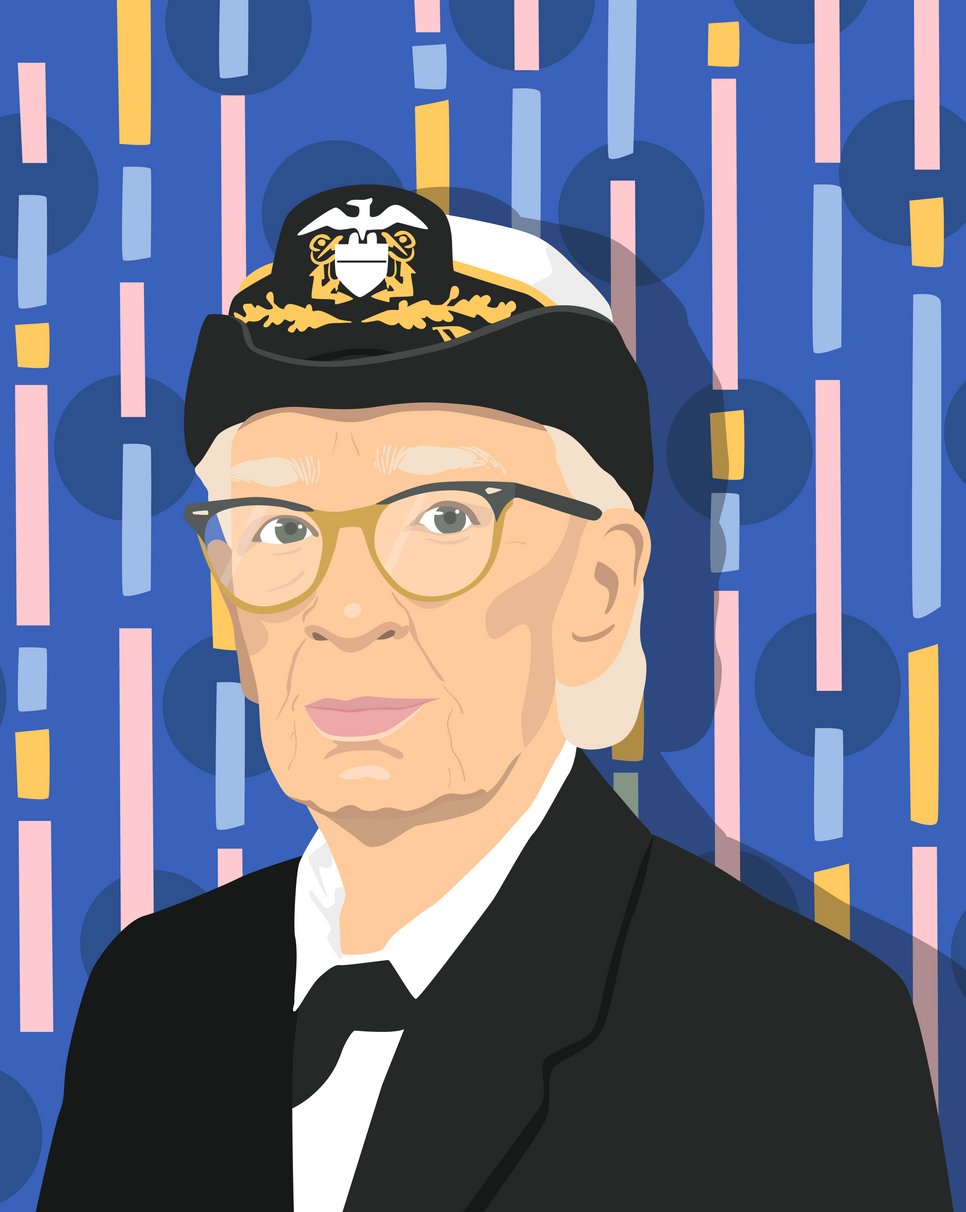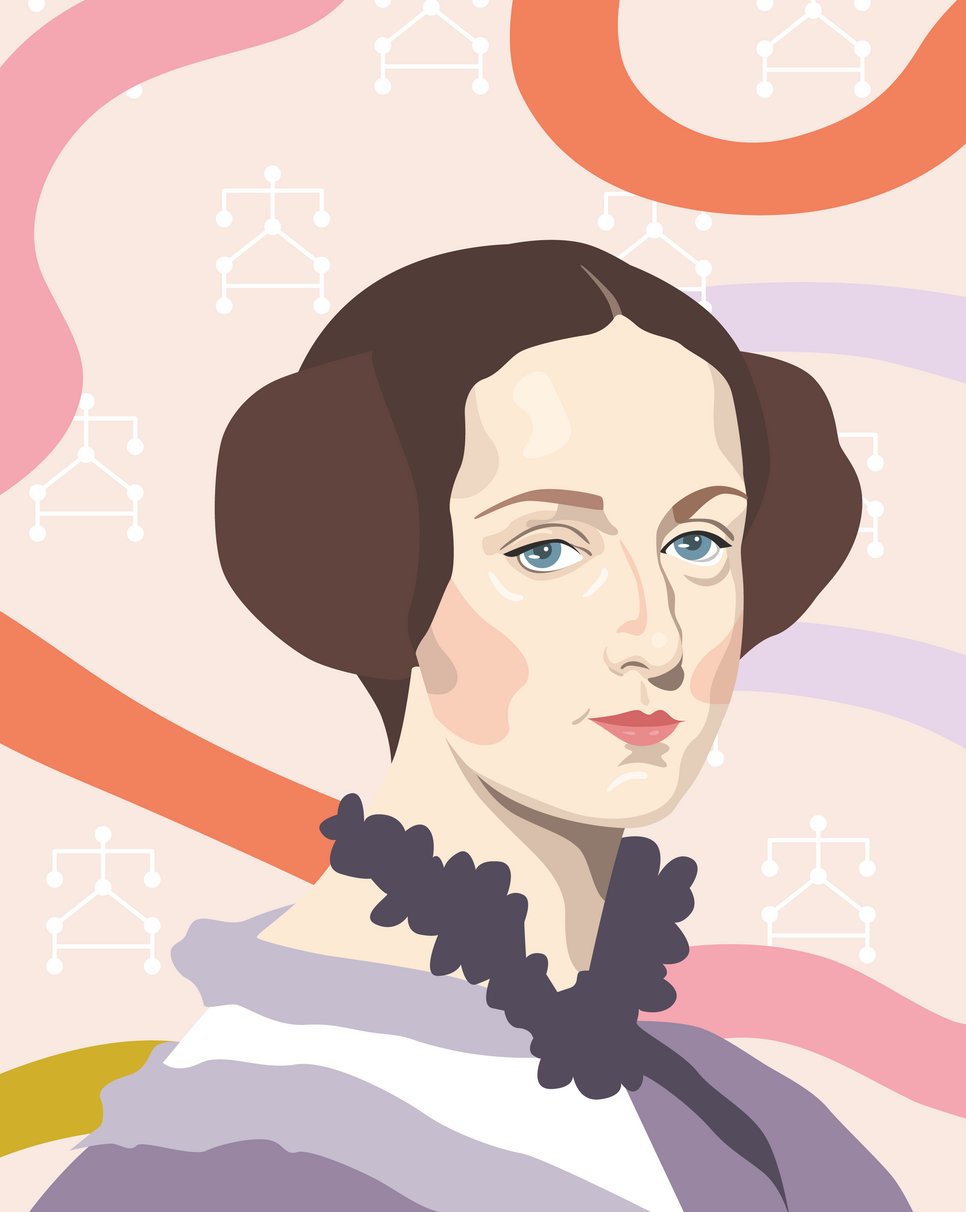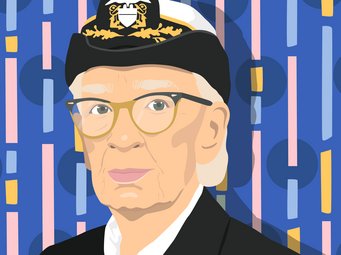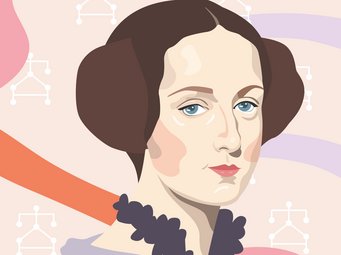Heroes Unsung
Stories of People from Underrepresented Groups in Computer Science
Throughout the history of computer science, there have been and continue to be pioneers who belong to groups that were – and still are – underrepresented in this field, e.g., women, people from the LGBTQ+ community, or people of colour. The information campaign aims to tell their stories, honour their achievements, and ensure that their work is not forgotten. This project is part of the Max Planck Institute for Security and Privacy's (MPI-SP) Equal Opportunities Plan (EOP).

Grace Hopper
Grace Hopper (1906) was one of the first programmers of IBM's Mark I computer. In 1952, Hopper developed the first compiler program that translated human-readable commands into machine language. She also developed the FLOW-MATIC and COBOL programming languages, the latter of which is still in use today. In 2016, the ‘Queen of Code’ was posthumously honored with the Presidential Medal of Freedom.

Ada Lovelace
Ada Lovelace (1815) worked on Charles Babbage's Analytical Engine and saw the potential of the machine beyond the calculation of mathematical numbers. In ‘Notes’, she described an algorithm to calculate a specific number from the Bernoulli series. This is comparable to today's computer programs, which is why Lovelace is regarded as the world's first female programmer.

